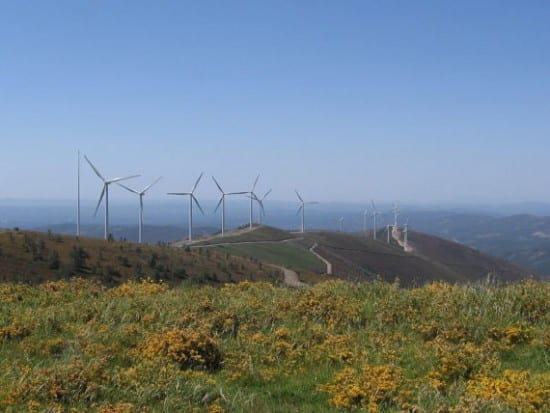One hundred per cent renewable resources helped power Portugal for four days last week.
According to a report from Portugal sent to CleanTechnica, hydro, wind, and solar power helped push the European country to run on 100 per cent renewable electricity for 107 hours straight.

The article said that, from May 7 at 6:45 am, to 5:45 pm on May 11, Portugal’s electricity use was powered by only wind, solar, and hydro sources.
“If rain and wind allow these records in the spring, it is imperative to encourage and assess the sun’s energy use of capital gains and thus ensure that in the summer too we will have significant contributions from energy sources not gas stations pollutants,” environmentalists from the country noted.
Notably, this is all with rather weak and limited connections to other grids.
“These data show that Portugal can be more ambitious in a transition to a net consumption of electricity from 100% renewable with huge reductions of emissions of greenhouse gases, which cause global warming and consequent climate change,” said Portugal’s Sustainable Land Association (ZERO), which worked with the Portuguese Renewable Energy Association (APREN) to analyze data from the National Energy Network (REN) in order to announce this new record.
Both ZERO and APREN also said electric vehicles should have emphasis in helping to transition towards a low-carbon economy, as they are now the main sector responsible for Portuguese emissions.
Portugal has some great renewable energy sources. Portugal’s solar potential is very strong, but so are its wind and hydro resources.
While there has been some upswing in Portugal’s renewable energy capacity (which made up 25.4% of the country’s primary energy supply in 2014, according to an International Energy Agency report).
In April, 80% of Portugal’s electricity came from renewables, and the figure is 75% for the first 4 months of 2016 (h/t heinbloed).
But the 2020 renewable energy target for Portugal, in terms of total gross final energy consumptions, is just 31%. “This will come from a 59.6% contribution of renewables to electricity demand, a 35.9% contribution to heating and cooling and an 11.3% contribution from the transport sector,” the IEA writes.
Portugal has not been the only European country in having success in powering their electricity from renewables. Germany recently came very close to powering its system with 100% renewables. The question now remains to be seen: If areas like Portugal and Germany can boost their electricity with high levels of renewables, is there a day in the near future where countries like Canada, the USA, and China reach 100% renewable electricity for a day?







